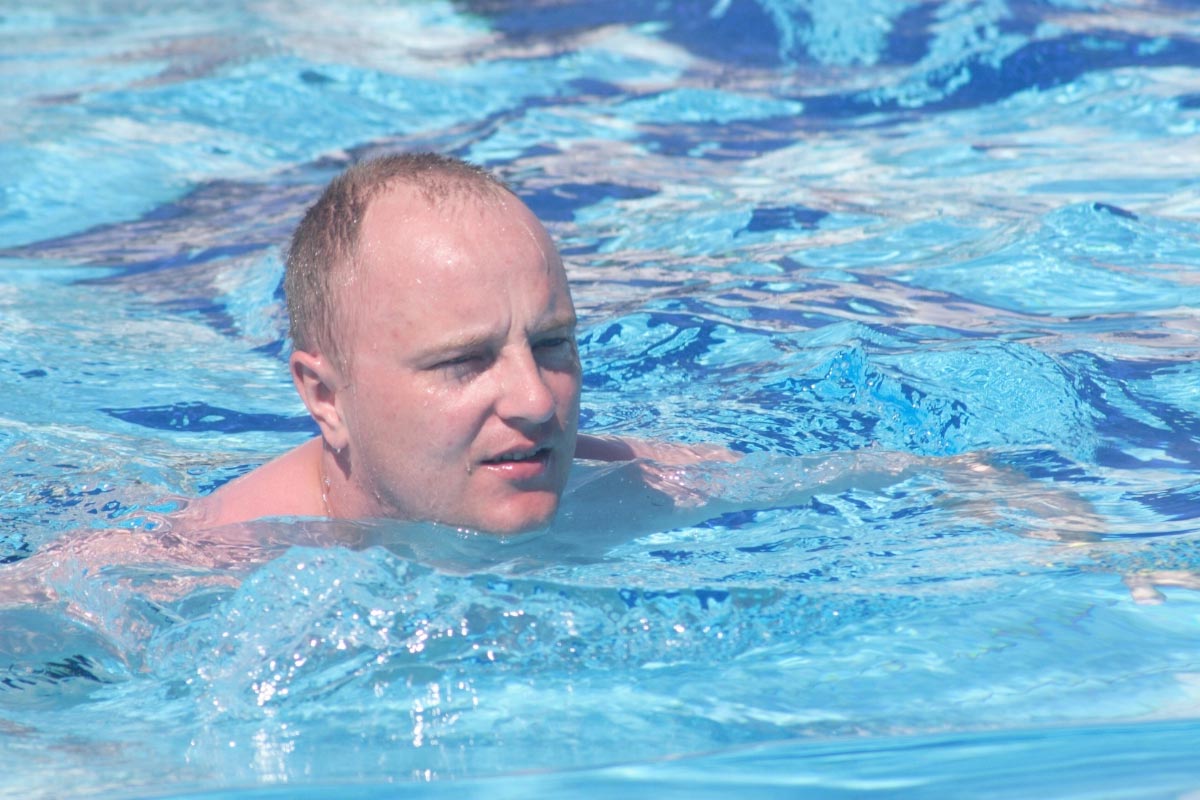Waterborne illness contracted through recreational activities costs U.S. citizens almost $3B annually
07/19/2018 / By Frances Bloomfield

Swimming, fishing, and boating may be enjoyable pastimes, but they can be harmful too. According to a new study, these recreational activities account for over 90 million cases of skin-related, ear, eye, respiratory, and gastrointestinal diseases annually recorded in the United States. Moreover, these cases can cost the nation as much as $2.9 billion a year.
To come to these shocking figures, the researchers collected data from two cohort studies by the National Environmental and Epidemiological Assessment of Recreational Water (NEEAR) and the Chicago Health, Environmental Exposure, and Recreation Study (CHEERS). The first study focused on the health effects of freshwater and marine beaches across six states on beachgoers between 2003 and 2009, while the second looked into incidental water contact at 39 different locations around Chicago in 2007 to 2009. Various other reports on waterborne disease outbreaks released by the Centers for Disease Control and Prevention (CDC) were included as well.
Based on the two studies, the researchers estimated the number of mild or moderate diseases that resulted from water contact. Mild diseases were defined as illnesses wherein the patients took over-the-counter medication in lieu of contacting a healthcare provider, while moderate diseases had the patients getting in touch with a healthcare provider either in an outpatient facility or an emergency room. Severe diseases were part of their evaluation as well. For the purposes of the study, these were defined as illnesses that cause hospitalization or death. The data for this portion of the study was taken from outbreaks recorded by the Waterborne Disease and Outbreak Surveillance System between the years 2001 and 2010.
100% organic essential oil sets now available for your home and personal care, including Rosemary, Oregano, Eucalyptus, Tea Tree, Clary Sage and more, all 100% organic and laboratory tested for safety. A multitude of uses, from stress reduction to topical first aid. See the complete listing here, and help support this news site.
The researchers discovered that, out of 50 million non-outbreak cases of gastrointestinal diseases, 29 million of these were linked to swimming while 16.5 were believed to be the result of fishing. Furthermore, of the people who’d had gastrointestinal illness, 50 percent took over-the-counter medicine, 20 percent went to a doctor, 10 percent took prescription medicine, and about one percent went to an emergency room. As for other diseases (namely, eye, ear, skin, and respiratory illnesses), the researchers found the number to be less, with about 10 million cases of these conditions being attributed to recreational activities in bodies of water.
To account for the cost of these diseases, the researchers took into consideration the prices of both over-the-counter and prescription medication, time spent away from work, trips to doctors’ offices and emergency departments, and hospitalizations. A case of mild illness would entail spending around $9.50, while the most severe diseases would cost as much as $303,000. Moreover, of the $2.9 billion, the loss of $663 million was attributed to lost productivity. Even death was fairly expensive, as these accounted for 97 percent of the $233.7 million allocated to severe diseases.
Thus, the researchers concluded: “To date, approximately $140 million has been allocated for beach-water protection programs since 2001, or about $10 million annually, a small fraction of the annual estimated illness burden. Efforts to reduce severity of illness among water recreators should be explored to reduce total economic burden while encouraging more individuals to enjoy safe surface water recreation.” (Related: How Supply, Demand and New Policies Affect the Costs of Medical Supplies, Healthcare.)
Speaking to NewsWise.com, study author Dr. Samuel Dorevitch commented: “The costs associated with these illnesses helps us put into perspective the costs of projects that aim to help make our recreational waterways cleaner and safer. The costs of beach monitoring and notification programs over the summer months are known.
“But until now, we haven’t known the cost associated with illness acquired through recreation on natural waters. This information should help policymakers put the costs of water quality monitoring and water quality improvement projects into context.”
Visit HealthCoverage.news for even more stories relating to healthcare.
Sources include:
Tagged Under: clean water, cost of illness, health coverage, healthcare, recreational activities, research, Swimming, water recreation, waterborne diseases




















